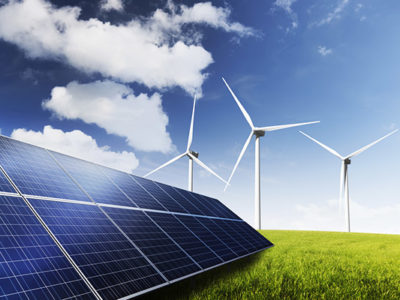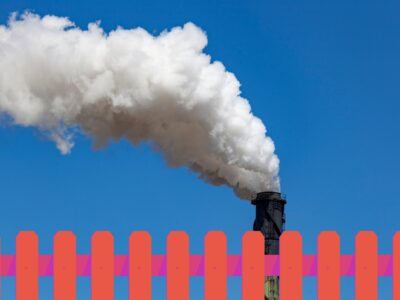Putting a Cap on the Green Paradox
The Green Paradox holds that emission control measures scheduled for the future can backfire. Foreseeing a smaller market in the future, fossil fuel sellers decide to unload more of their reserves now by cutting prices. A recent report from Resources for the Future provides more details if you’re interested (though the details don’t matter for the point that I’m going to make):
We contribute to this literature by developing a richer theoretical model that takes account of the different extraction costs and emissions rates of different fossil reserves. We use this model to compare the qualitative effects of four policy options—accelerating cost reductions in the clean backstop technologies, taxing emissions, improving energy efficiency, and a clean fuel blend mandate. . . . We find that conservation policies can have higher intertemporal leakage rates and backstop policies can have lower leakage than an emissions tax. Leakage rates generally decline as the policies become more stringent.
The Green Paradox undercuts the use of “price” instruments like a carbon tax, because fossil fuel producers can cut their prices to undermine the effect of the tax on their sales. But if emissions are capped, firms and individuals can only use a fixed quantity of fossil fuels regardless of prices, so the Green Paradox doesn’t apply. This provides an interesting argument for favoring emissions trading over a carbon tax.








Reader Comments